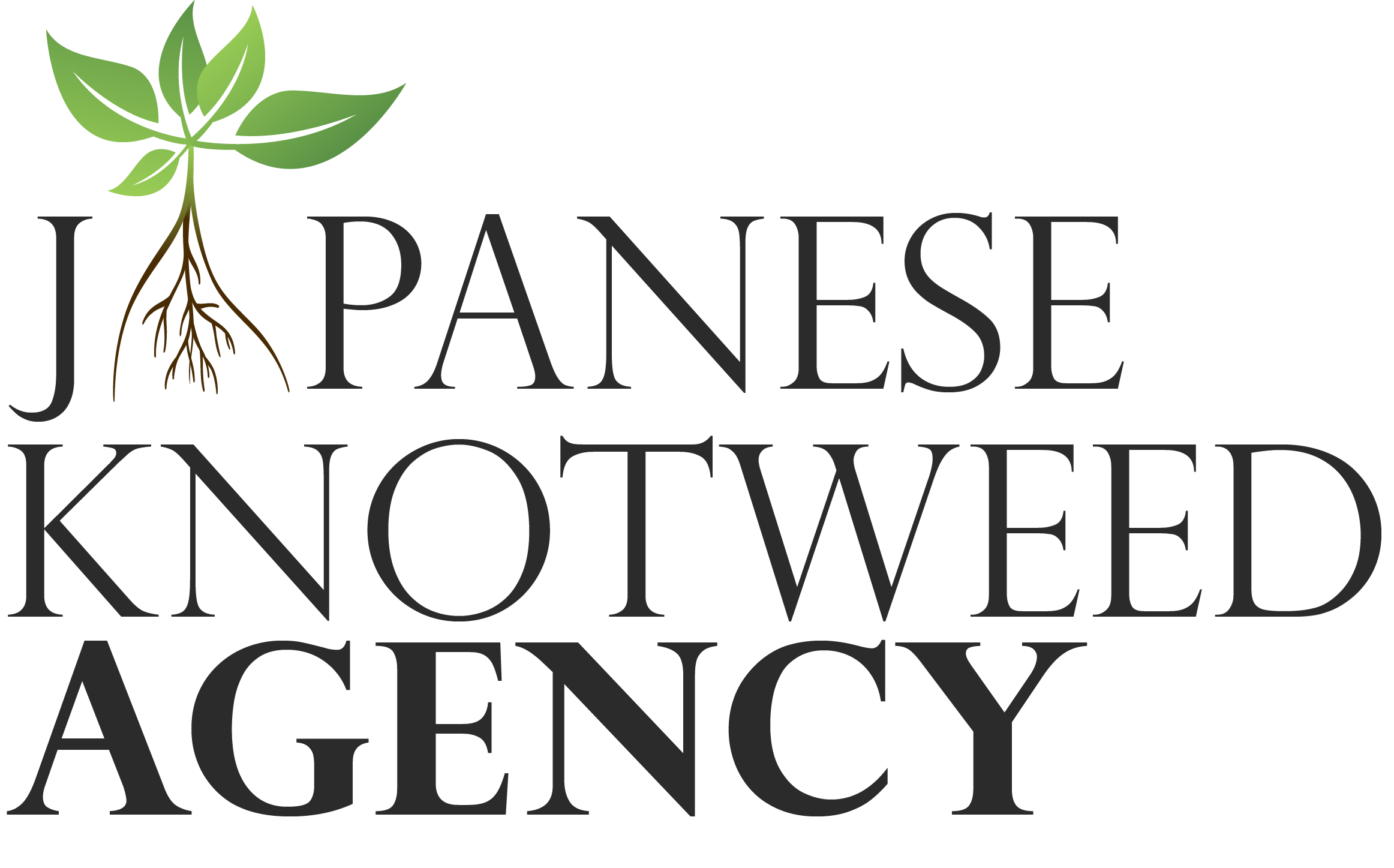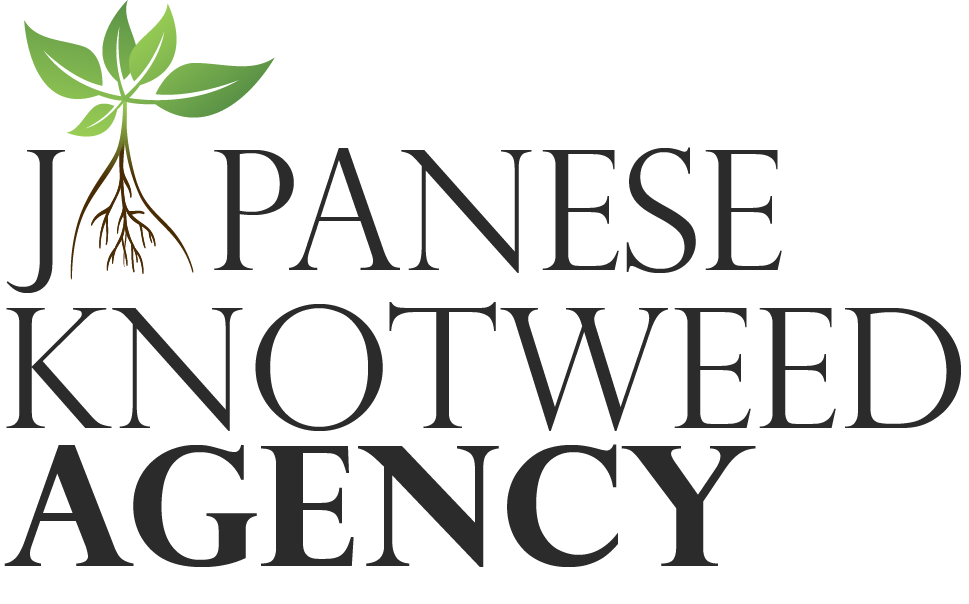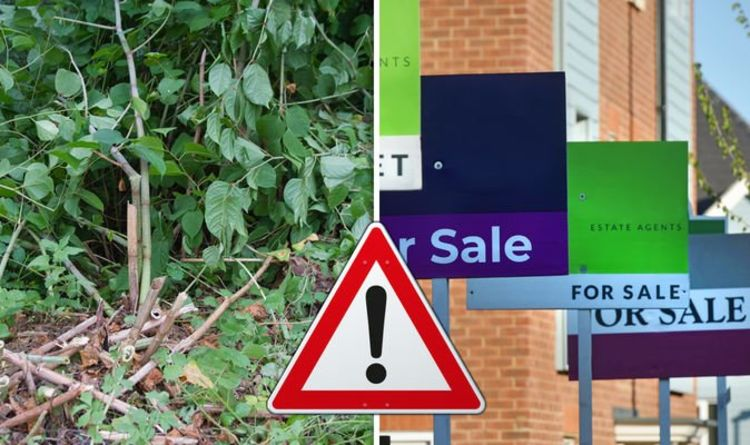We all know that Japanese knotweed can be pretty destructive, especially if it’s allowed to grow out of control and invade the landscaping of neighbouring properties. But how much does this invasive species affect property values in general? And why does it have such an impact on home valuations? Let’s take a look at how Japanese knotweed devalues property and how to deal with it in your own backyard.
What is Japanese Knotweed?
Japanese knotweed is a type of weed that can have negative effects on land, property and surrounding areas. The weed spreads quickly and can even damage properties in which it grows. It’s important to understand how Japanese knotweed will devalue your home before you decide to purchase a new home with it on.
Japanese knotweed (Reynoutria japonica) has been dubbed the worst weed in the UK by the Royal Horticultural Society, owing to its tenacity and the difficulty of eradicating it once it takes hold in a garden or property. Not only does it pose an aesthetic problem, but it’s also responsible for devaluation of properties when real estate prices are assessed to factor in its presence as either a potential risk or actual threat to nearby homes and buildings. This article explores how Japanese knotweed causes property devaluation and what can be done about it…
Signs of Japanese knotweed
Japanese Knotweed is quite distinctive and easily recognised once you’ve seen it once, you can pretty much identify it at all times. Knotweed has a distinctive rounded heart shaped leaf and thick stems that typically grow 6 inches per day in the UK throughout the summer.
You can check our Gallery through the seasons to see what the invasive weed looks like all year round:
https://japaneseknotweedagency.co.uk/jkw-gallery/
Why it’s important to get rid of it
Although knotweed can’t cause any direct harm to your health, you may want to keep it away from your home if you care about how much your house is worth. According to a study published in 2013 by Nottingham Trent University, knotweed infestations can reduce a property’s value by as much as 15 percent. Depending on the size of the infestation and its proximity to buildings, it could render a property unsellable.
Knotweed will only keep growing and spreading so to ignore it could be extremely detrimental to your property and your pocket. If you allow Knotweed to spread from your land to a neighbour’s land or into the wild, it is a criminal offence and can carry a heavy fine and you could also end up with a claim against you which could run into tens of thousands.
How to get rid of it
Because Japanese knotweed can be difficult to control, chemical treatment will be necessary. Several specialist herbicides are available that work well with Japanese knotweed, such as glyphosate (Roundup), triclopyr (Weedol), imazapyr (Pursuit) and aminopyralid (Milestone). These are systemic herbicides, meaning they need to be taken up through plant roots or stems to have an effect; cutting them down will not help. A specialist treatment firm knows how to do this properly and it usually takes a visit every 3 months for 3 years to get a full treatment delivered.
An Actionable to Do List
First thing is getting your Knotweed formally identified by the Japanese Knotweed Agency, and where positive, request a FREE Onsite Survey and you’ll get a full report to show the locations of the crowns, age, route of growth, lots more information and a quote for a treatment plan that comes with an Insurance Backed Guarantee.
https://japaneseknotweedagency.co.uk/free-japanese-knotweed-survey/


